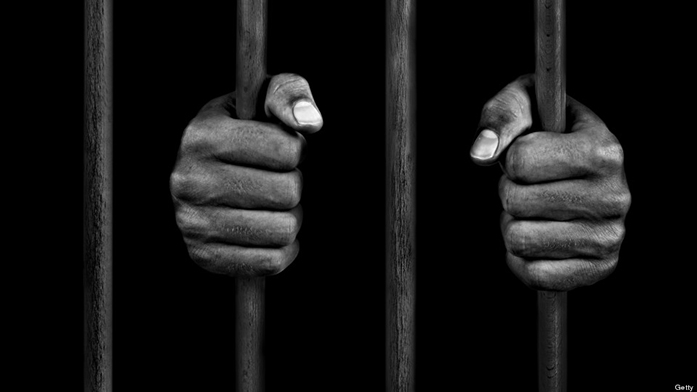By Hanna Grissel
It could be the best decision we ever make.
I’m sure you’ve been told at some point in your life, a variation of “sometimes, you just have to cut your losses.” The times I’ve been given that advice were post-heartbreak. And as fascinating as those stories sound, I’m going to refrain from telling them and tell you my friend’s tale instead.
They had spent the first three years of high school working for numerous jobs, often numerous at a time to raise the funds to buy a car.
Mid-summer before senior year, they had enough money to buy this beat-up 1970 Cadillac DeVille. They had always worked on cars with their grandpa, thus senior year was devoted to fixing the baby up.
By the summer after senior year, the car looked and performed much better, though still wasn’t where they wanted it to be. Then came that one fateful evening in July. They were driving on a country highway, and they crashed, totaling the car. As they sat in the back of an ambulance waiting for their grandpa, they stared at the mess they had made.
Once their grandfather arrived, they began to tell him their plans to fix the car, they didn’t care how long it’d take. They could do it together. But once they finished their spiel, their grandpa, still looking forward at the road, told them, “Son, sometimes you have to cut your losses … and stop crying.”
As harsh as my friend’s grandpa may have been, he was on to something. When there is abundant evidence that a system is completely broken, sometimes we need to buck up and cut our losses instead of fighting a pointless fight.
The concept of ending private prisons has been on the minds of many as of late, even Hillary Clinton declared their “end” is imminent if she’s elected. This is all great and well; private prison corporations see each inmate as a $, they treat them inhumanely while exploiting them for their labor.
On top of that, their lobbyist surely pushes for legislation that will land more people in prison for nonviolent crimes. Legislation that “happens” to disproportional effect poverty-stricken communities. It’s repugnant, and honestly, a disgrace to a country we consider free and past the eras of slavery.
Though ending private-interest prisons may solve some problems, we aren’t going to see “de-incarceration,” we won’t see reduction of torture, and there will still be legal slave-labor factories.
Persons behind the movement are obviously sickened by the same conditions I noted; unfortunately, these conditions have been commonplace.
The case as of late merely illuminates issues inherent to the system. A system that creates repeat offenders and a culture of fear. Prisons are not and have never been here to reform and rehabilitate. Though I wouldn’t claim there’s a conspiracy afoot to hinder certain communities’ progress, and continue the system of slavery, while simultaneously making a profit … I do claim that is exactly the effect of mass incarceration.
We have mountains of irrefutable evidence that the way in which the prison-industrial complex operates is inhumane and doesn’t actually address the social problems we expect them to, which is why we need to admit we were wrong and move on. Instead of pushing for prison reform (which will only further entrench the complex), we need to push for abolition of the existing complex, while constructing a complex founded around the well-being and rehabilitation of offenders. It could be the best decision we ever make as a country.



